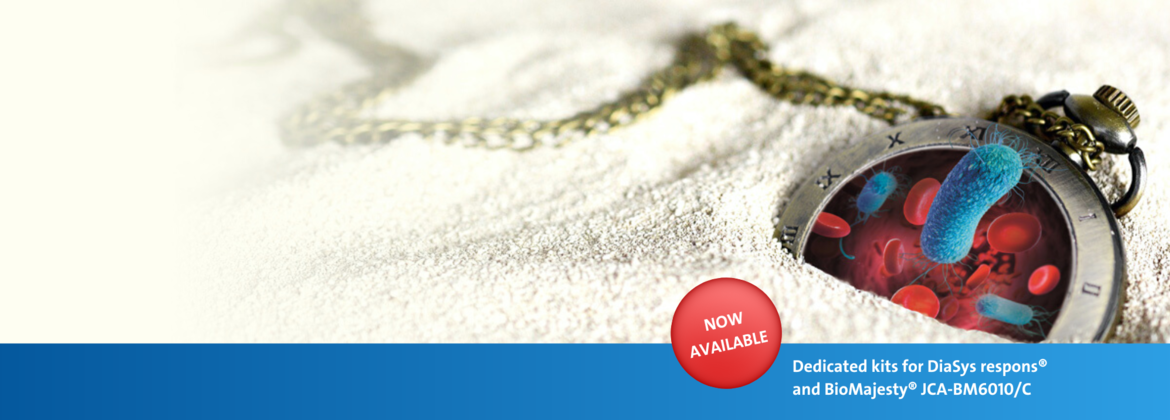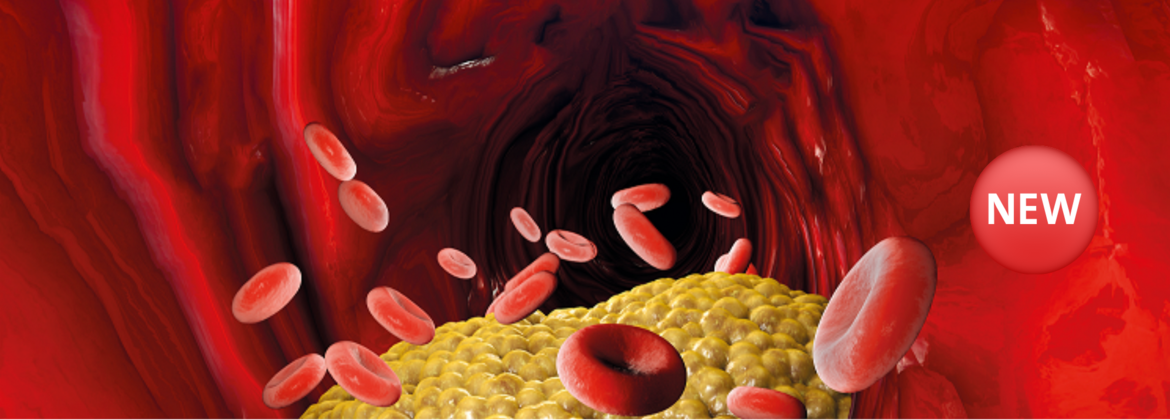One year later, we informed in DiaLog edition 03/2018 about the growing interest and importance to measure CysC not only in serum and plasma but also in urine. Under healthy conditions, urinary CysC concentrations (U-CysC) are very low. However, several studies revealed that an abnormal high presence of this protein in urine can be used as a sensitive marker for the diagnosis of acute kidney injury (AKI) and tubular dysfunction2,3.
At that time, no commercially available test for measuring cystatin C in urine existed. Early in 2018, Szirmay et al. validated DiaSys’ Cystatin C FS in urine and showed that the assay is ideal for routine urinary CysC determinations4. A few months later, Bargnoux et al. published a study which evaluated the analytical performance of DiaSys’ and Siemens’ cystatin C in urine5. In addition, the reference ranges of U-CysC were defined for healthy controls, patients with AKI and HIV patients with proteinuria. The two best performing CysC assays in serum, according to their former multicenter study1, showed also excellent results in urine specimen5. However, the great advantage of DiaSys’ Cystatin C FS (turbidimetric) vs. Siemens (nephelometric) is its applicability on any clinical chemistry analyzer.
One kit - Three matrices - Four different diagnoses.
DiaSys’ Cystatin C FS is the first turbidimetric test proven to be suitable for the simultaneous determination of cystatin C in serum, plasma and urine. This allows a differentiation between glomerular (serum cystatin C) and tubular dysfunction (U-CysC) to diagnose chronic kidney disease (CKD) and AKI, respectively.
Place your order now and convince yourself of the immunotubridimetric gold standard for CysC measurements. If youneed more information, please write us an e-mail: info@diasys.de
1Bargnoux A.-S, et al. Multicenter evaluation of cystatin C measurement after assay standardization. Clin Chem 2017; 63:833-41
2Conti M, Moutereau S, Zater M, et al. Urinary cystatin C as a specific marker of tubular dysfunction. Clin Chem Lab Med 2006; 44: 288–291.
3Koyner et al. Urinary cystatin C as an early biomarker of acute kidney injury following adult cardiothoracic surgery Kidney Int. 2008; 74(8):1059–1069.
4Szirmay et al. Novel automated immune turbidimetric assay for routine urinary cystatin-C determinations.Bioanalysis. 2018;10(6):377-384.
5Bargnoux A.-S, et al. Analytical performances of PENIA and PETIA urinary cystatin C determination allow tubular injury investigation. Ann Chlin Biochem 2018





